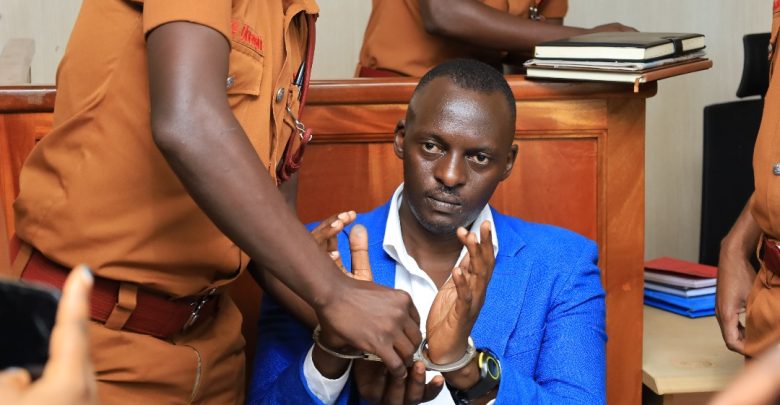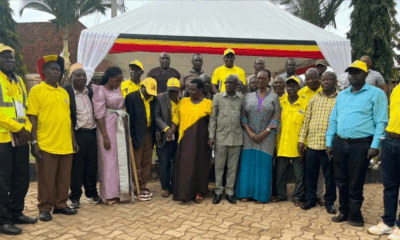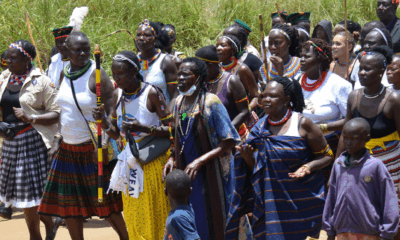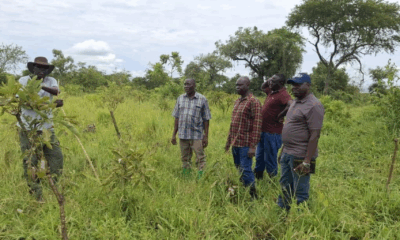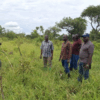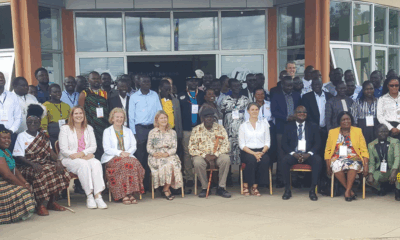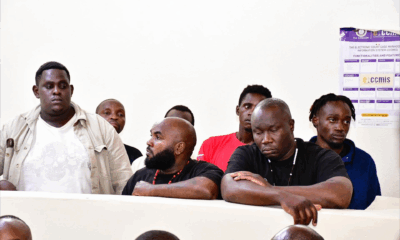Law
DPP Opposes Eron Kiiza’s Bid for Travel Document, Citing Threat to Justice
The Office of the Director of Public Prosecutions (DPP) has formally requested the High Court to dismiss an application by human rights lawyer Eron Kiiza seeking the return of his passport. The DPP argues that releasing the travel document would “jeopardise ongoing criminal proceedings” and set a dangerous precedent.
In a sworn affidavit filed with the High Court, Chief State Attorney Joseph Kyomuhendo asserted that Kiiza’s passport is lawfully retained by the court under a valid judicial order, issued as a condition of his ongoing criminal appeal. Kiiza was previously convicted and sentenced to nine months in prison, a decision he is currently challenging.
“The restriction is not arbitrary but arises from a lawful court directive. It is constitutionally permissible under Article 43(1), which allows limitation of rights in the interest of public order and justice,” Kyomuhendo stated, referencing a key provision of the Ugandan Constitution that permits the restriction of rights for public interest.
Kiiza has consistently argued that the impoundment of his passport infringes upon his constitutional rights to liberty, movement, and access to medical care, claiming it has hindered urgent medical travel abroad. However, the State Attorney dismissed these claims as “speculative and unsupported by verifiable evidence.”
“There is no independent or credible medical documentation presented to justify foreign treatment or show the treatment is unavailable in Uganda,” Kyomuhendo noted in the affidavit. “Access to healthcare does not equate to an unfettered right to exit the jurisdiction.”
The DPP’s office further warned that releasing the passport could establish a harmful precedent, potentially allowing other accused individuals to use “vague claims of personal hardship to override lawful judicial controls.”
“The risk of flight is real, especially given the nature of the charges and absence of formal guarantees for the applicant’s return,” the affidavit reads, adding that Kiiza has not applied to vary his bail terms or offered any security to mitigate the potential of absconding.
The DPP’s office reiterated that while human rights are fundamental, they are not absolute and can be lawfully limited in the pursuit of justice. It urged the court to maintain the travel restriction until Kiiza’s appeal is fully resolved or until he formally applies for a variation of his bail terms with appropriate security.
This legal tussle underscores the ongoing tension between individual liberties and the state’s interest in ensuring the integrity of the judicial process, particularly in cases involving high-profile individuals or those with pending appeals. The High Court’s decision on Kiiza’s application will be closely watched by legal professionals and human rights advocates in Uganda.
Comments



